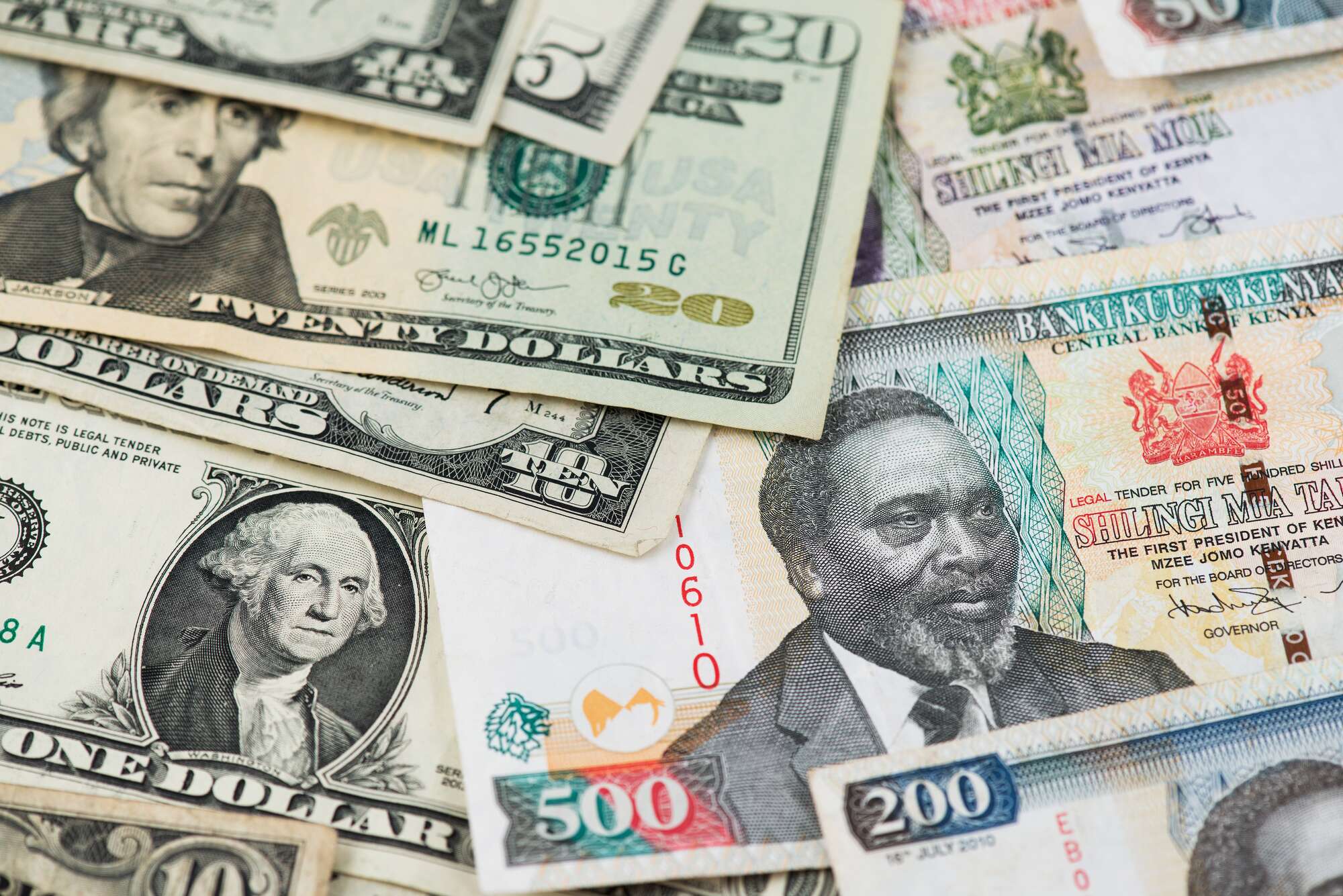Kenya’s central bank governor, Kamau Thugge, has made a significant statement regarding the country’s currency, acknowledging that it has been overvalued for several years. The Kenyan shilling recently reached a record low, trading at more than 150 shillings to the US dollar, marking a decline of almost 24 percent over the past year compared to around 100 in October 2018.
Overvaluation Acknowledged
Addressing a parliamentary committee on Tuesday, Central Bank of Kenya governor Kamau Thugge stated, “I think for several years now we have had an overvalued exchange rate.” This acknowledgment comes as a reversal of the central bank’s previous stance of maintaining a strong exchange rate.
Thugge revealed that financial institutions such as the International Monetary Fund (IMF) and the World Bank had identified the Kenyan shilling as overvalued by 20 to 25 percent five or six years ago. The efforts to artificially maintain a strong exchange rate have come at the cost of depleting international reserves.
“We tried to maintain a fairly artificially strong exchange rate but also at a cost of a loss of international reserves,” he added. This practice has resulted in Kenya’s foreign exchange reserves dwindling to the equivalent of approximately 3.7 months of import cover.
Economic Hardship and Protests
The sharp depreciation of the Kenyan shilling has had far-reaching consequences for the country’s economy. It has exacerbated economic hardship for Kenyans already grappling with a cost-of-living crisis, coupled with the imposition of various new or increased taxes.
Anger over rising prices, particularly for essential commodities such as food and fuel, has ignited a series of sometimes deadly protests against the government of President William Ruto earlier this year. Critics have accused Ruto of failing to fulfill promises made during the 2022 election campaign, particularly those related to the well-being of Kenya’s poor.
Government’s Perspective
In defense of these economic policies, the government argues that the removal of subsidies on items such as fuel and increased taxes is a necessary step to improve public finances and alleviate the national debt burden, which stands at over 10.1 trillion shillings ($67 billion).
The Kenyan government faces the challenge of finding a balance between addressing the currency’s overvaluation, safeguarding international reserves, and mitigating the hardships faced by its citizens due to rising prices and fiscal measures. The ongoing debate surrounding these economic issues underscores the complexities of managing the nation’s financial stability and the welfare of its people.














